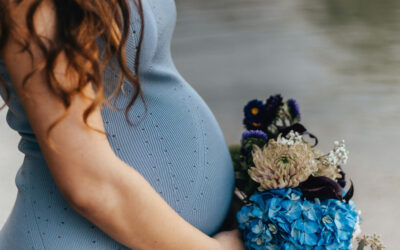The High Court this week announced its decision to award parenthood to a British couple with a child born through surrogacy in the Ukraine. The child concerned, known only as IJ, was caught in a legal black hole, with no legal parents and no nationality anywhere in the world because UK law said that the Ukrainian surrogate and her husband were the parents, and Ukrainian law said that the British commissioning couple were the parents. To protect IJ’s welfare, the High Court decided to endorse the foreign commercial surrogacy arrangement, even though payments for surrogacy in the UK are normally prohibited.
The case follows a previous case from 2008, the first to ratify a foreign commercial surrogacy arrangement, in which twins born ‘stateless and parentless’ in the Ukraine were also rescued by the High Court. In the case announced this week, the court emphasised that the British parents had ‘done their conscientious best to act lawfully and to prepare for all contingencies but had been misled by some unduly simplistic advice from the Ukrainian surrogacy agency’.
Mr Justice Hedley said he had made the unusual move of publishing his decision in order “to emphasise the legal difficulties that overseas surrogacy agreements can create. In the experience of the court to date, overseas jursidictions can confer parental status on the commissioning couple but that status is not recognised in our domestic law… Those who travel abroad to make these arrangements really should take advice from those skilled in our domestic law to be sure as to the problems that will confront them… Reliance on advice from overseas agencies is dangerous as the provisions of our domestic and immigraiton law are often not fully understood.”
The case highlights how important it is for Brits considering overseas surrogacy to know that favourable law abroad won’t protect you worldwide. Being named on a foreign birth certificate, or even having a foreign court order which names you as the parents, will not be enough to make you the parents in the UK or to ensure that you can bring your baby home.
The case also highlights the growing problems caused by mismatched international surrogacy laws worldwide. The French court last week had to consider a similar case involving a French couple with two surrogate children born in the USA, where they were named on the birth certificates. Unlike the UK decision, the French court ruled that the couple could not be treated as their children’s legal parents under French law.
More information about international surrogacy is available on our website, as well as further information about the cases of Re IJ (2011) and Re X and Y (2008), in both of which we acted successfully for the parents.
The UK’s leading surrogacy lawyers
Find out more about how we support families through surrogacy



